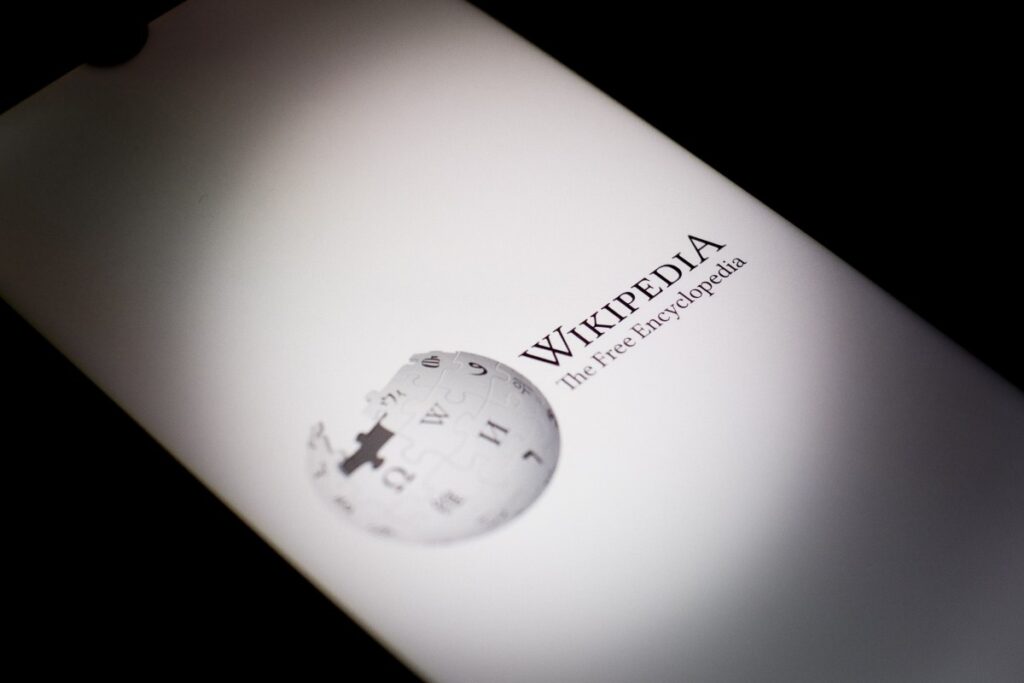Wikipedia is often touted as the last good website on an internet increasingly populated by toxic social media and AI slop. But online encyclopedias aren’t completely immune to broader trends, with human pageviews down 8% year-over-year, according to a new blog post from Wikimedia Foundation’s Marshall Miller.
The foundation works to differentiate between traffic from humans and traffic from bots, and Miller wrote that the decline “over the past several months” was revealed after an update to Wikipedia’s bot detection system showed “much of the unusually high traffic in May and June was from bots built to evade detection.”
Why is traffic declining? Miller points to “the impact of generative AI and social media on how people seek information,” particularly how “search engines are increasingly using generative AI to provide answers directly to searchers rather than linking to sites like ours,” and how “younger generations are seeking information on social video platforms rather than the open web.” (Google disputes claims that AI Overview reduces traffic from search.)
Miller said the foundation welcomes “new ways for people to gain knowledge” and argues that this does not make Wikipedia any less important, as the knowledge from the encyclopedia still reaches people even if they don’t visit the website. Wikipedia also experimented with its own AI summarization, but suspended the effort after complaints from editors.
But this change comes with risks, especially if people become less aware of where their information actually comes from. Mr Miller said: “If there is less access to Wikipedia, there will be fewer volunteers to grow and enrich the content, and there will be fewer individual donors to support this work.” (Some of these volunteers are truly remarkable, and they reportedly disarmed a gunman at Friday’s Wikipedia editors’ meeting.)
As such, he argues, AI, search, and social companies that use Wikipedia content “need to encourage more visitors” to the website itself.
And he said Wikipedia is taking steps of its own, including developing a new framework for attributing encyclopedia content. The organization also has two teams tasked with helping Wikipedia reach new readers, and is looking for volunteers to help.
tech crunch event
san francisco
|
October 27-29, 2025
Miller also encouraged readers to “support content integrity and content creation” more broadly.
“When searching for information online, look for citations and click to go to the original source,” he writes. “Talk to people you know about the importance of human-curated knowledge you can trust, and help them understand that the content underlying generative AI was created by real people who deserve their support.”
Source link

